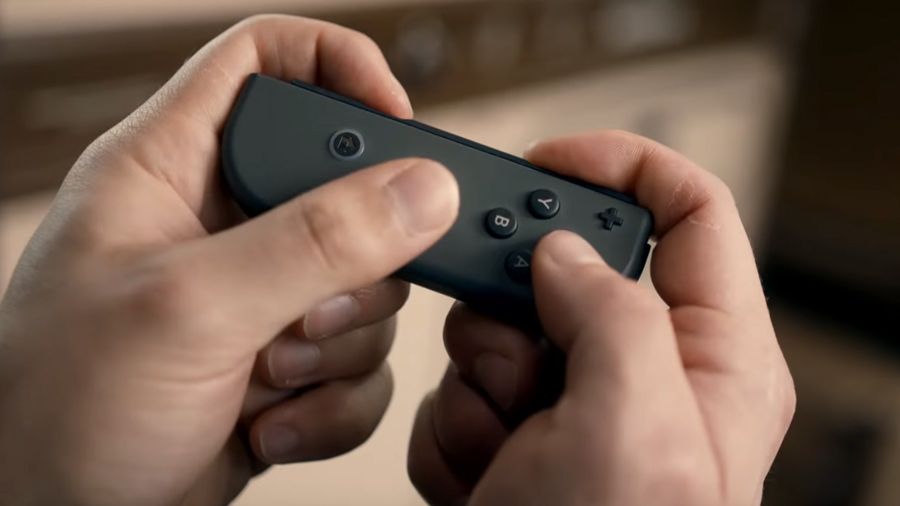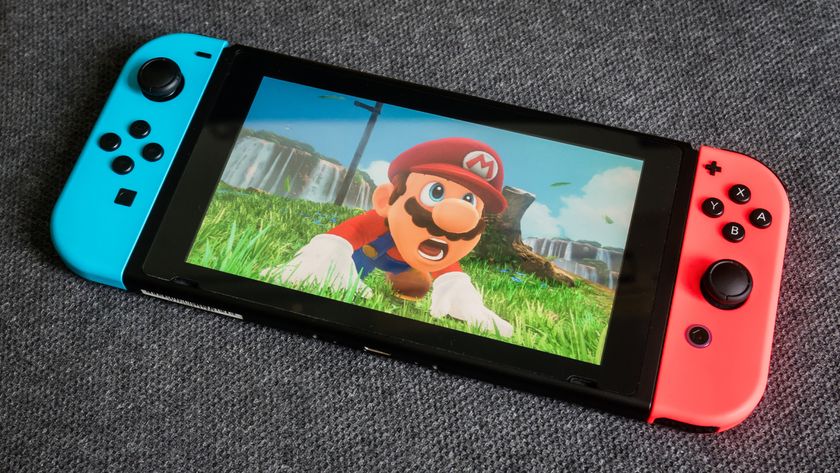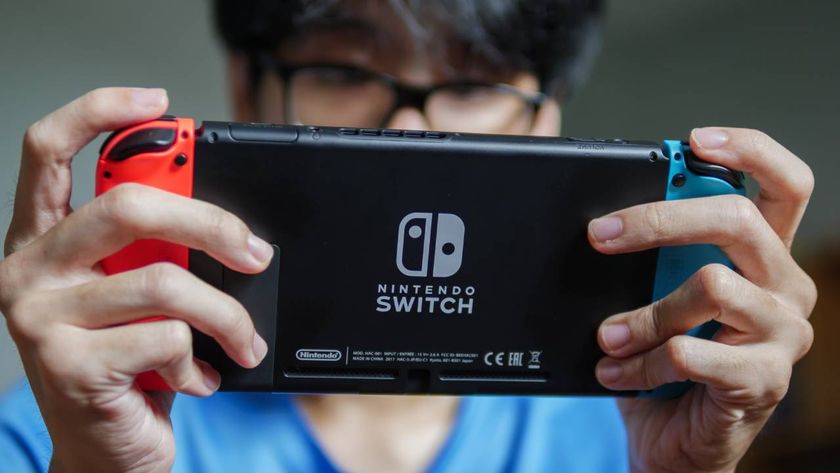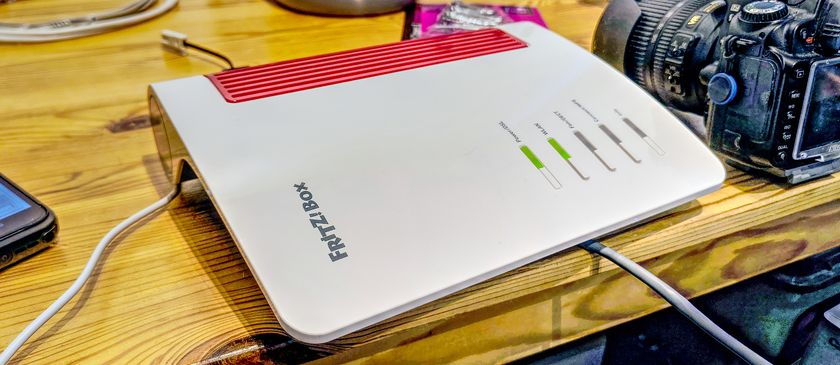Nintendo Switch Joy-Con drift could finally be fixed... by using a piece of paper
Could Joy-Con drift be gone for good?

The Switch Joy-Con controllers may be one of the greatest strengths of Nintendo’s portable console, allowing impromptu multiplayer sessions anytime, anywhere at a moment’s notice. But they’re also the Switch’s Achilles’ heel when it comes to overall durability.
If you own a Nintendo Switch or Nintendo Switch Lite, there’s a high probability that you may have encountered Joy-Con drift – and it’s a problem that may plague the Nintendo Switch OLED, too.
Joy-Con drift is a hardware issue that causes the analog stick to register ghost inputs, which results in your onscreen character or crosshair moving on its own. At its worst, it can make games unplayable, as you’re constantly having to compensate for the analog sticks' false inputs.
For years, the solution to Joy-Con drift has been a multi-pronged approach, with neither being a satisfactory fix. You could either purchase a new pair of Joy-Con (which aren’t cheap), send your faulty Joy-Con back to Nintendo for repair (or the entire console if the problem occurs on a Nintendo Switch Lite), or attempt to fix the issue yourself.
- Best Nintendo Switch games: you need to play these
- Nintendo Switch OLED vs Nintendo Switch: what's the difference?
- Nintendo Switch OLED pre-order: order now
The latter has proven more popular recently, as some users have found success by using rubbing alcohol or compressed air to remove dirt or dust from the analog stick sensor, which seems to provide temporary relief from Joy-Con drift.
However, all of the solutions above have failed to offer a permanent fix, as even Joy-Con that are sent back to Nintendo for repair seem to develop the issue again over time.
Could Joy-Con drift be dead for good?
Thankfully, a permanent solution to the dreaded Joy-Con drift might have been found by a YouTuber called “VK’s Channel”. VK has discovered a laughably simple solution, but one that required months of testing, investigating and trial error (skip to 5:55 for the fix).
Get daily insight, inspiration and deals in your inbox
Sign up for breaking news, reviews, opinion, top tech deals, and more.
It turns out that VK discovered that Joy-Con drift can be fixed by applying pressure to the outside of the Joy-Con, which suggested that the contact point between the thumb stick sensor was gradually becoming loose. This creates a space between the metal prongs and the contact pads, which results in drift and erroneous inputs. Add in dust and other bits of dirt that accumulate over time, and the problem gets worse.
The fix, then, is to add a piece of paper (or cardboard) that is 1mm tall. If it’s larger, it won’t fit, so make sure you use the right size if you want to try this fix for yourself.
DIY danger
Speaking of doing it yourself, there are a few words of warning to heed. Opening up your Joy-Con controllers will void the warranty, so if you’re not comfortable with tinkering with tech, we’d advise against this. You’ll also need to own a 1.5mm tri-wing screwdriver, as the Switch has four small screws that need to be removed before you can remove the plastic housing. This Joy-Con drift solution will also work on Nintendo Switch Lite, but will be more challenging due to the fact you cannot remove the Joy-Con from Nintendo's handheld-only model.
Lastly, there’s also no guarantee that VK’s fix will eliminate Joy-Con drift for good, but the signs are extremely positive. Who’d have thought a tiny piece of paper would be the answer?
VK advises that Nintendo could fix this issue themselves by adding a screw to hold the metal plate together with the upper plastic piece of the thumb stick sensor, or maybe add an emboss on the mid-section of the Joy-Con shell to simulate the pressure of the card.
- Nintendo Switch OLED vs Nintendo Switch Lite: which Switch should you buy?
Adam was formerly TRG's Hardware Editor. A law graduate with an exceptional track record in content creation and online engagement, Adam has penned scintillating copy for various technology sites and also established his very own award-nominated video games website. He’s previously worked at Nintendo of Europe as a Content Marketing Editor and once played Halo 5: Guardians for over 51 hours for charity. He is now an editor at The Shortcut.
Most Popular








